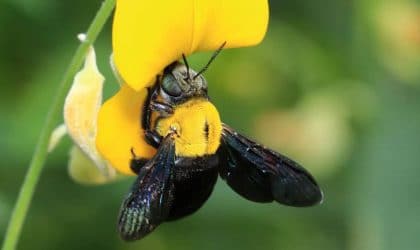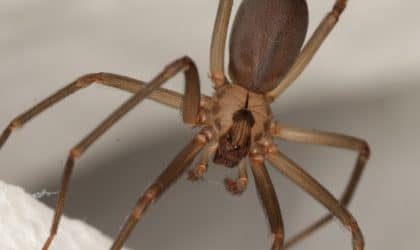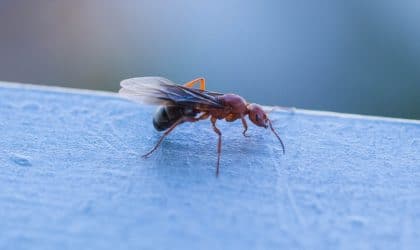Killing Carpenter Bees with WD-40 – Does It Really Work?
WD40, it's like the liquid version of duck tape! It has a million and one uses, and can solve absolutely anything. Even - so we're told - the presence of carpenter bees. But is this true? Let's find out.
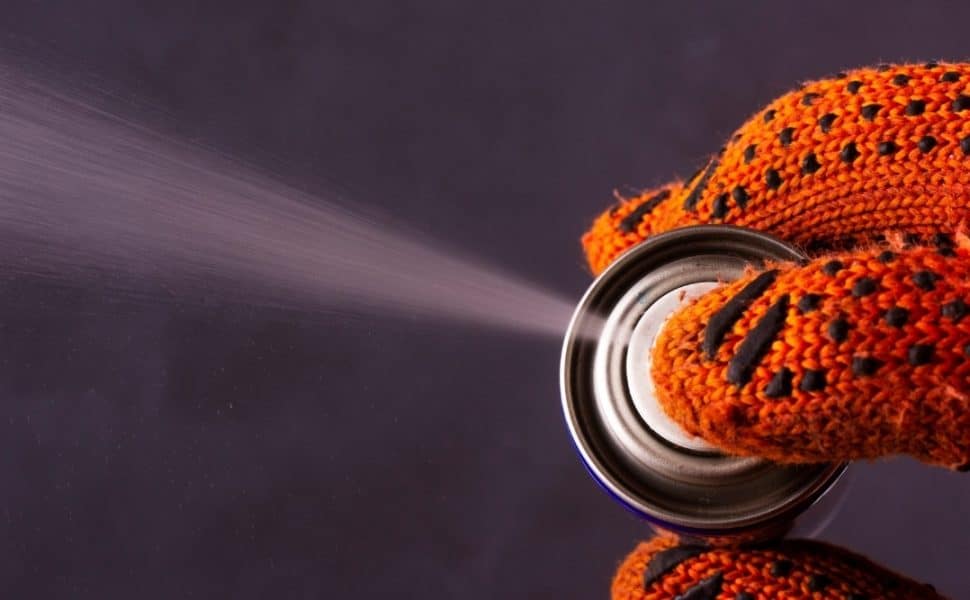
Got carpenter bees in your house but no pesticides lying around? How about using a lubricant?
Among the many anti-carpenter bee household items, WD-40 is certainly one of the most popular ones. A lot of homeowners even swear by it.
Carpenter bees can cause extensive damage to wood, so you want to treat and get rid of them ASAP, preventing hem causing as much damage as you possibly can.
You might be in a situation where you simply cannot source a legitimate carpenter bee treatment. Well you might be able to use WD-40 to get rid of them instead!
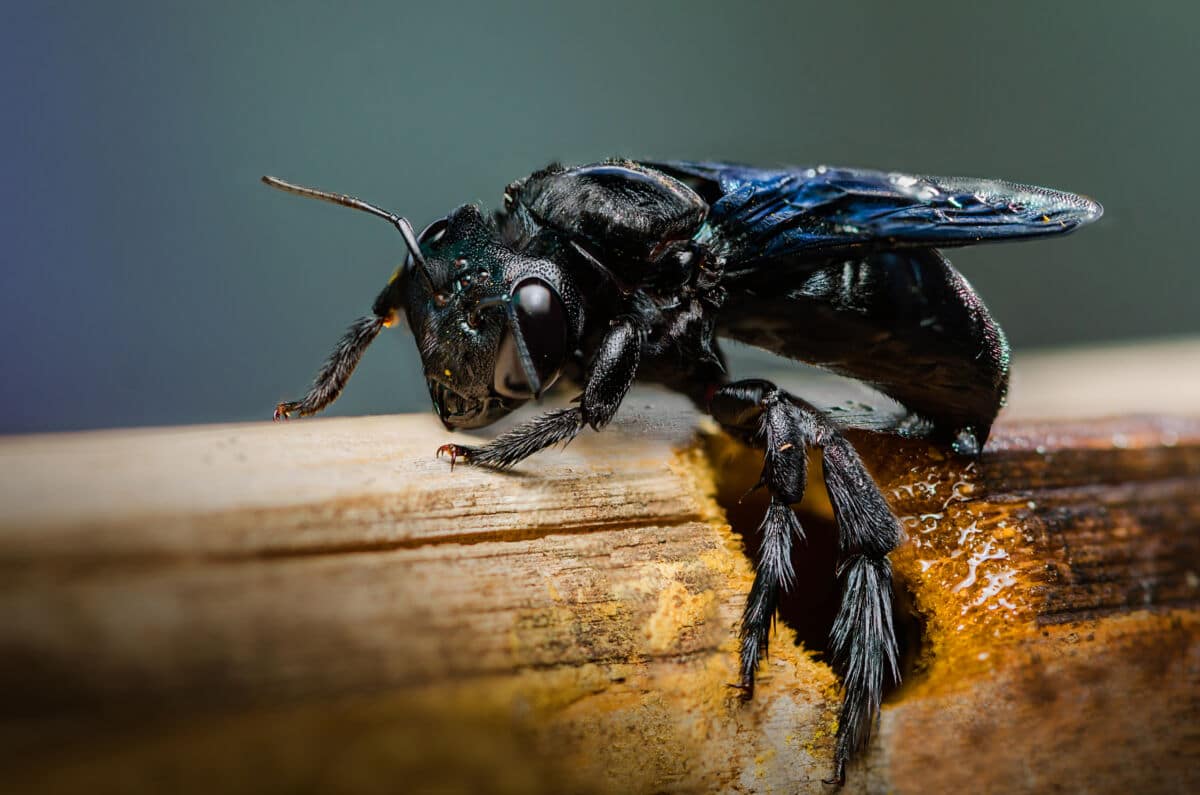
What’s WD-40?
WD-40 is a popular penetrating oil and water-displacing spray by a company of the same name. It’s primarily used for lubrication and moisture protection, but it has other domestic purposes as well.
The oil has a very low viscosity. This enables it to stick to a lot of surfaces which makes it ideal for protecting and lubricating mechanical parts. It also gets water or moisture out of the wrong places, and it loosens stubborn and rusted things like screws, bolts and jammed zippers.
Can WD-40 kill Carpenter Bees?
There are more logical and well known ways to get rid of carpenter bees, but it’s not a rare thing for homeowners tp claim that spraying WD-40 to wood can drive away carpenter bees and even kill them.
To confirm or disprove this, we have to look into the lubricant’s composition.
Unfortunately, WD-40’s exact formula is a company secret. However, for safety reasons, they have released a list of the chemicals that make-up their spray. It turns out that it contains 50% aliphatic hydrocarbons, 25% petroleum-based oil, 12-18% low vapor pressure aliphatic hydrocarbon and 2-3% carbon dioxide.
Without a doubt, directly exposing a carpenter bee to these chemicals can absolutely kill it. Many of these compounds are essentially harmful to insects, even in isolation. Petroleum-based oil, for example, has been confirmed by research to be incredibly toxic to bugs. It’s so poisonous to them that it’s even being studied to become a new option for pest control.
To have a closer look at how WD-40 affects carpenter bees, here’s a video from Bill Eaglerunner:
But what about warding the bees off? Can WD-40 do it?
Well, carpenter bees are very depended on their sense of smell, which makes them incredibly susceptible to strong smelling materials like varnish and paint (and being highly attracted to sugar!). WD-40’s scent, alone, may cause these bugs to have second thoughts on approaching a piece of wood.
Additionally, aliphatic hydrocarbons, the ones that we talked about earlier, are also ingredients of paint. And yes, paint, as we all know, can drive away carpenter bees to some extent.
Killing Carpenter Bees With WD-40
Using WD-40 to get rid of carpenter bees is very easy.
To repel the bees, just spray WD-40 over the vulnerable wood in your home. Do this at the first sign of spring to deter the female bees from nesting in your property.
If the carpenter bees are already inside the wood you’re trying to protect, just follow these steps.
- First, wear your protective gear and inspect your home for bee nests. They’re the ½-inch holes drilled into the wood.
- Next, spray the nest with the lubricant and seal the hole with steel wool. This should be easy since WD-40 comes with its own straw. You can just stick it right into the nest’s tiny opening.
- Repeat this method for 2 to 3 days until no movement can be detected inside the wood.
- Then finally, cover the hole with caulk and coat it with some paint or varnish to keep future bees out.
Killing carpenter bees with WD-40 is easy. But be careful though, WD-40 comes with its own safety precautions, so make sure to read those before using it.
If you want more environmentally-friendly and humane options, we have that too.
Share this post
Save time and money on pest control
Subscribe to expert DIY pest control tips, pest control product reviews and information.


